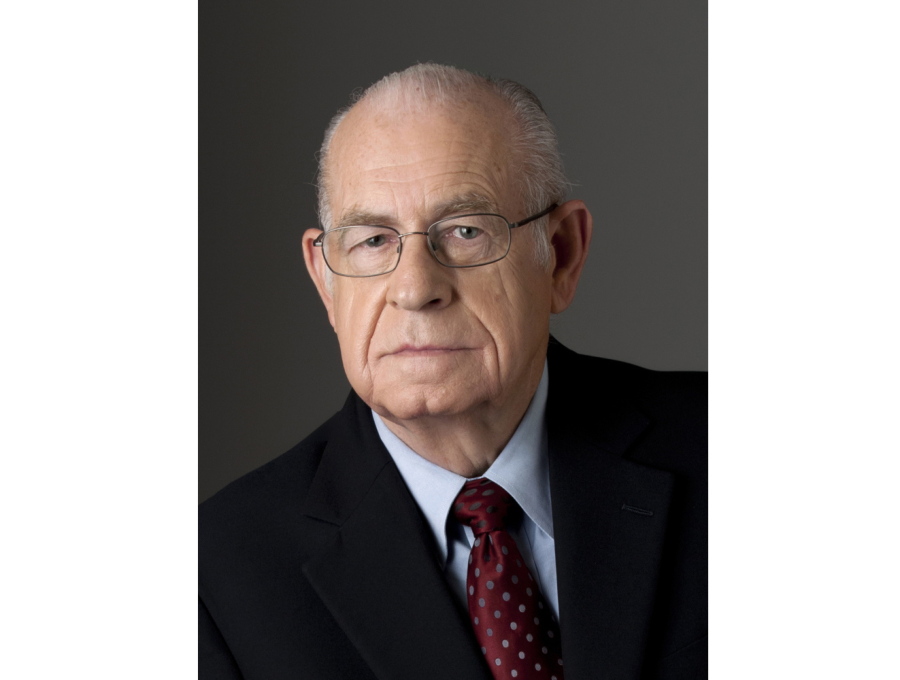Carl Kasell, a radio personality who brought gravitas and goofiness to the airwaves, first as a staid newsreader on NPR’s “Morning Edition” and later as the comic foil and scorekeeper on the delightfully silly news quiz show “Wait Wait . . . Don’t Tell Me!,” died April 17 at an assisted-living center in Potomac, Md. He was 84.
The cause was complications from Alzheimer’s disease, said his wife, Mary Ann Foster.
Kasell’s voice, resonant and reassuring, with a lilting trace of his North Carolina tobacco country heritage, helped define NPR as an emerging force in news broadcasting. He joined the public radio network in 1975 and, four years later, helped inaugurate “Morning Edition,” writing and reading five-minute top-of-the-hour news updates from pre-dawn to the lunch hour.
For 30 years, he was an unflappable anchor of that digest, bringing a no-frills seriousness to unfolding history, from the 1979 Iranian hostage crisis to the Sept. 11, 2001, terrorist attacks. His skill was conveying the drama of the news while maintaining an unforced conversational delivery, what an NPR executive once described as the warm voice of an informed companion.
He parlayed that stolid reputation into unexpected laughs when he signed on for “Wait Wait” in 1998. He became the semi-straight man to host Peter Sagal, becoming public radio’s institutional voice in playful harmony with a Chicago-based actor, writer and all-around wiseacre who declared his intent to run a weekly show that boasted the motto “NPR without the dignity.”



